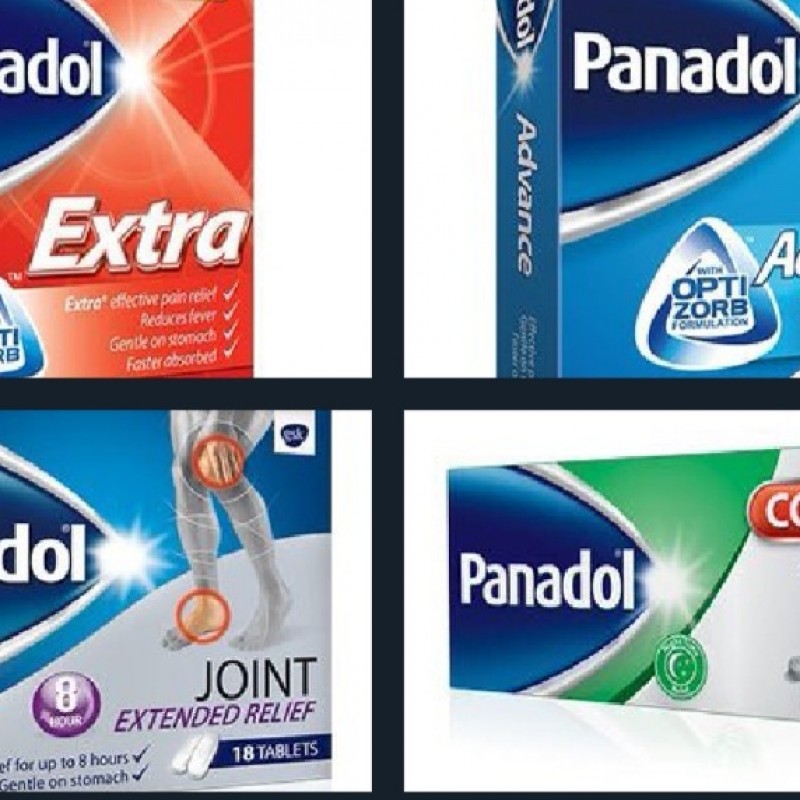Home pharmacy
What over-the-counter medicines are necessary to have in your home pharmacy? What diseases can these medicines treat in your home without the need to go to the doctor? Find out the answer and other facts through this article.
Over-the-counter medicines contain trade names as well as scientific names, they all contain the same active ingredients and are identical in their action on the body if the concentration of the active ingredients is the same, so it is important to read what is written on the label to find out the ingredients Exactly what is in the product.
Can over-the-counter medications be dangerous?
Although it does not require a prescription, it may cause significant side effects. Some can interact with prescription medications and cause harm. For example, patients who take warfarin are more likely to have bleeding from ulcers if they take ibuprofen.
While other products can cause organ damage if taken in larger amounts than recommended (eg, paracetamol (Pandol, Adol, etc.) may cause liver failure and aspirin may cause stomach and kidney damage) For prescription, read the label, especially the Dosage and Precautions sections.
Fever, aches and mild headache
It can be treated with paracetamol pills such as (Pandol), which has several types and each type has a specific effectiveness:
* Blue: The drug is pure, with a strength of 500 mg
* Red: the drug with caffeine to see the effect
* Green: medicine with decongestant to treat colds
* Al-Rasasi: The drug has a high concentration of 665 milligrams for joints
Fever and mild pain for children: It can be treated with paracetamol (eg Bandol, Adol and others) so that the dose is 15 mg per kg, every 4-6 hours, not more than four doses per day.
Cold
Children under two years of age: saline nasal spray. Children over two years of age: may benefit from antihistamine syrup. Adults: antihistamine pills with decongestant, Pandol Green or Pandol Yellow.
Joint pain, moderate headache and menstruation
It is treated with non-steroidal anti-inflammatory drugs such as Brufen, Ponstan, Olfen and Cataflam. It is preferable not to overdo it and take it after food to avoid acidity, heartburn and effect on the kidneys.
Cough
It is usually not recommended to take medicines to treat cough, as their effectiveness has not been proven. Rather, it is treated by treating the cause such as cold, chest allergy, gastroesophageal reflux of stomach acid, and others.
Itchy eyes
If it is caused by dryness in the eyes, it is treated with artificial tears drops, and if it is caused by eye allergies, it should be treated with anti-allergic drops.
Itchy or blocked ears
Itching in the ear is often caused by fungi, and it is treated with antifungals, and if there is a blockage in the ear causing hearing loss, it is treated with wax laxatives such as olive oil and glycerol drops
Skin burns or itching
If the skin burns in the first degree, it can be treated with Flamazine or MEBO creams, and if the skin is itchy, it can be treated with a cream such as Chromation.
Lice
Lice are treated with a liquid anti-lice drug, left for 8 hours, then washed with a special shampoo for lice sold in pharmacies, with other measures regarding personal hygiene and the cleanliness of clothes and quilts. All this process is repeated after a week if symptoms persist.
Warts
They are viral infections of the skin that are treated with Duofilm liquid or Cornex gel that is placed on it only, and if it does not respond, it needs to be frozen by spraying it with liquefied nitrogen gas at the dermatologist.
Constipation
It starts with eating a high-fiber food such as fruits and vegetables, brown bread and brown rice, drinking a lot of water, and exercising. If symptoms do not improve, it can be treated with lactose syrup, Dulcolax tablets, or Fibogel sachets.

